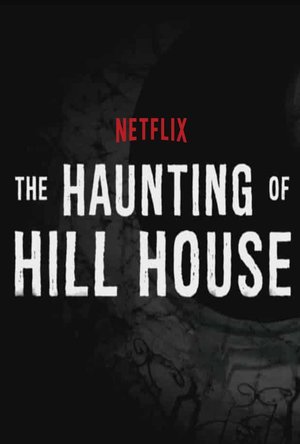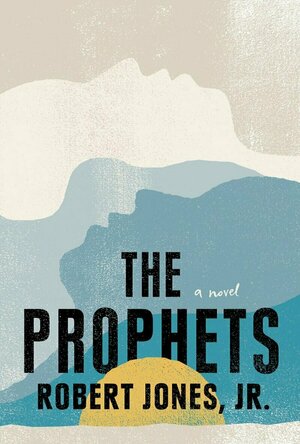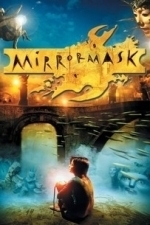Fred (860 KP) rated The Haunting of Hill House in TV
Oct 24, 2018
I am not one to binge watch shows. My time is limited & I watch lots of stuff. But I was immediately hooked on this show. I watched half the season in one day & the rest the following.
The show does a very good job in taking the original movie's plot, changing things around & creating a terrifying tale that takes the psychological horror of the original, mixes it with some minor jump-scares & a compelling story of a family dealing with it's own demons as well as the spirits that live within Hell House. Yes, that was a very long sentence, which reminds me of the 6th episode, which is filled with long shots. The camera spins around, while things change around them. in fact, throughout the series, things change all the time. Sometimes statues turn their heads, ghosts appear in the background, faces appear in the furniture. Once I noticed one of these faces, just there, staring at the family. My fiance didn't even notice. I backed it up to show her. She went "Ooh! How did I not see that?"
The story does jump around in time, showing when the family first moved into the house, with 5 children & their parents & then in current day, still being haunted & compelled by the house. Every actor in the show is fantastic. Even the children really pull it off.
The ghosts in the show are creepy as all hell. My favorite is the tall man. I haven't been freaked out by a movie or TV show in decades, but I held my breath & stared as he...well, just watch.
I have recommended this to all my friends & those who watched it all got back to me to thank me. So, I'm recommending it to all of you too.

Escape to Pagan: The True Story of One Family's Fight to Survive in World War II Occupied Asia
Book
A gripping true story of survival set in Hong Kong and Burma, as one family struggles against...
The Ghosts of the Avant-Garde: Exorcising Experimental Theater and Performance
Book
The Ghosts of the Avant-Garde(s) offers a strikingly new perspective on key controversies and...

Great British Shipwrecks
Book
For more than 30 years, internationally acclaimed wreck diver and best-selling author, Rod...
ClareR (6054 KP) rated The Prophets in Books
Jan 5, 2021
The story centres around the slaves on the Elizabeth Plantation (also known as ‘Empty’ to the slaves), and in particular, Samuel and Isaiah. They are betrayed by the other slaves, as if by revealing their love, it will make their lives safer. Of course this is not the case, as we see when we read the chapters centred around some of the other slaves. We learn about the inhumane treatment of the slaves by their immoral white owners (or toubabs, as they are called by their black slaves). I felt that the white people in this book had a mad, mentally unhinged quality about them: after all, how else could you reconcile treating human beings worse than animals?
I found the chapters written from the African people’s perspective, as they were free then captured and imprisoned, so interesting. It made them even more real to me. These were real people (as opposed to the animals that they were seen as by the slavers) with families, traditions, lives, loves and beliefs. The scenes on board the slave ships were harrowing.
It has taken me over a week to tackle this review. This book really affected me deeply, and there were many times that I had to put the book down and walk away. Then, I would feel guilty that I had the luxury of doing just that, unlike the slaves who lived every moment of their lives as some white mans possession to do with as he saw fit.
I can’t believe that this is a debut novel. The writing is beautiful, even in the most horrific moments. The magical elements add a suggestion of hope and the indomitable spirit of these people. And the ending is just perfection. I’m sure that this book will win awards - it SHOULD win - and I’m glad that I’ve had the opportunity to read it.
Many thanks to the publisher for granting me access to this book via NetGalley. It has been a privilege to read it.
Ronyell (38 KP) rated MirrorMask (2005) in Movies
Aug 4, 2020
The only problem that I had with this film was that the story tend to get a little confusing at times to the point where I don't exactly know what is quite going on with the characters. Like for instance, the movie didn't really explain about what kind of condition Helena's mother had that caused her to go to the hospital in the first place and even though it wouldn't be a major part of the film, I still would like to know what kind of disease Helena's mother had that would be so dangerous to her health.
Overall, "Mirrormask" is a fantastic and surreal film that anyone who is a huge fan of Neil Gaiman's works or surreal movies in general will definitely enjoy for many years to come!
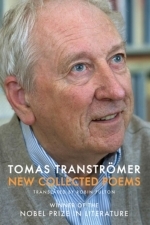
New Collected Poems
Tomas Transtromer and Robin Fulton
Book Watch
Winner of 2011 Nobel Prize in Literature Poetry Book Society Recommended Translation Tomas...
Poetry

Horror Stories: A Memoir by Liz Phair
Book
From the two-time Grammy-nominated singer-songwriter behind the groundbreaking album Exile in...
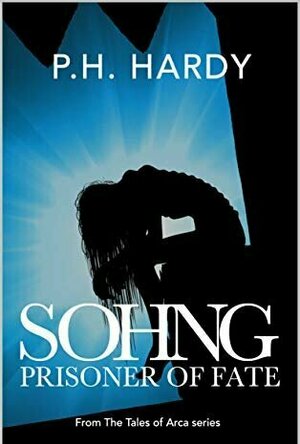
Sohng: Prisoner of Fate (Tales of Arca #1)
Book
n a world of hidden secrets, all will be revealed in this Dark, Science Fiction, Fantasy Adventure....
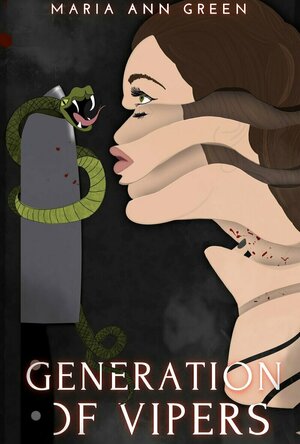
Generation of Vipers
Book
Rosabella Moore-Davis has just moved her husband halfway across the world, with a spur of the moment...
Adult Gothic Psychological Thriller
